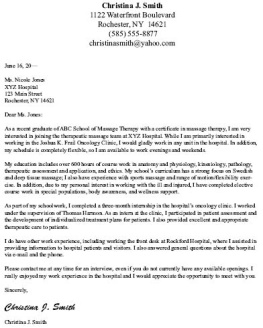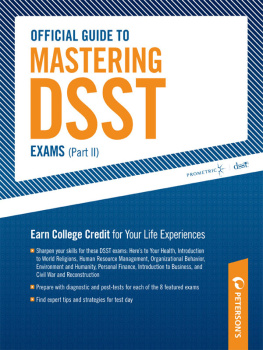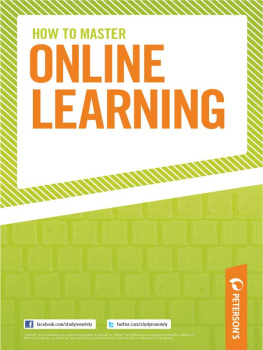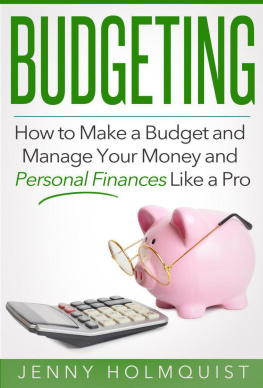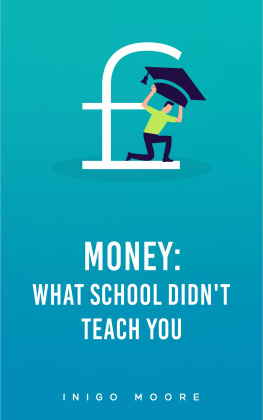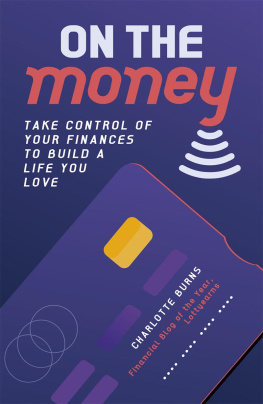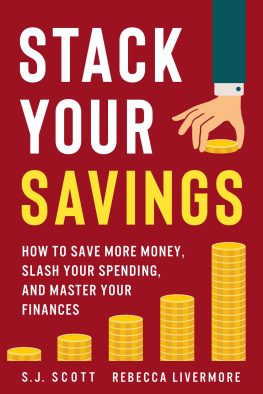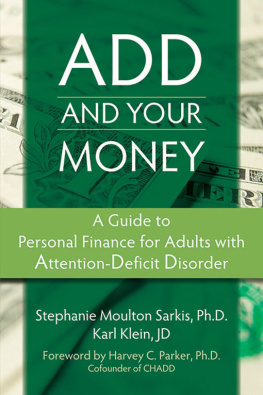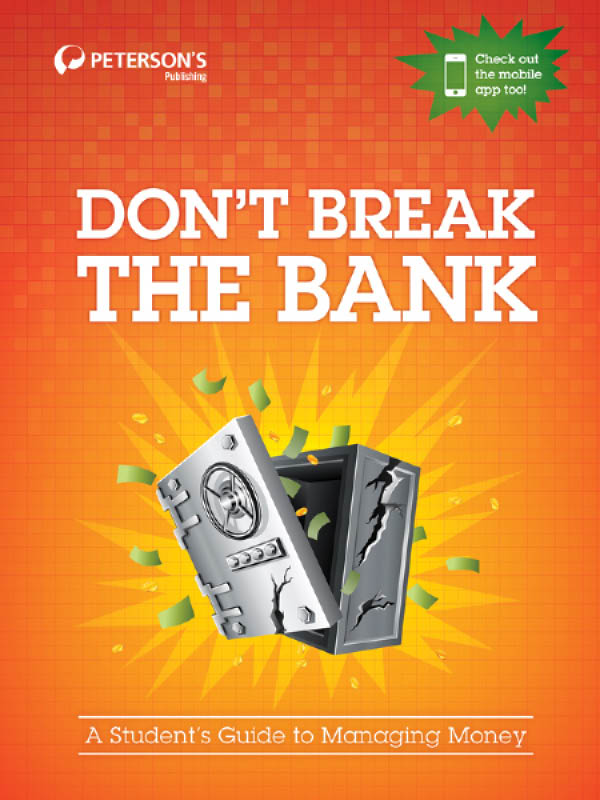Dont Break the Bank:
A Students Guide to Managing Money
2012


About Petersons Publishing
Petersons Publishing provides the accurate, dependable, high-quality education content and guidance you need to succeed. No matter where you are on your academic or professional path, you can rely on Petersons print and digital publications for the most up-to-date education exploration data, expert test-prep tools, and top-notch career success resourceseverything you need to achieve your goals.
For more information, contact Petersons, 2000 Lenox Drive, Lawrenceville, NJ 08648;
800-338-3282 Ext. 54229; or find us online at www.petersonspublishing.com .
2012 Petersons, a Nelnet company
Facebook and Facebook logos are registered trademarks of Facebook, Inc. Facebook, Inc. was not involved in the production of this book and makes no endorsement of this product.
Bernadette Webster, Director of Publishing; Jill C. Schwartz, Editor; Ray Golaszewski, Publishing Operations Manager; Linda M. Williams, Composition Manager; Tim Conboy, eBook Production Associate; Bobbi Dempsey, Author; John Dempsey, Contributing Researcher
Petersons Publishing makes every reasonable effort to obtain accurate, complete, and timely data from reliable sources. Nevertheless, Petersons and the third-party data suppliers make no representation or warranty, either expressed or implied, as to the accuracy, timeliness, or completeness of the data or the results to be obtained from using the data, including, but not limited to, its quality, performance, merchantability, or fitness for a particular purpose, non-infringement or otherwise.
Neither Petersons Publishing nor the third-party data suppliers warrant, guarantee, or make any representations that the results from using the data will be successful or will satisfy users requirements. The entire risk to the results and performance is assumed by the user.
ALL RIGHTS RESERVED. No part of this work covered by the copyright herein may be reproduced or used in any form or by any meansgraphic, electronic, or mechanical, including photocopying, recording, taping, Web distribution, or information storage and retrieval systemswithout the prior written permission of the publisher.
For permission to use material from this text or product, complete the Permission Request Form at www.petersons.com/permissions .
ISBN-13: 978-0-7689-3648-3
ISBN-10: 0-7689-3648-9
First Edition
Contents
Chapter 1:
Money Makes the World Go Around
A Letter to Students
Dear Student:
There are lots of old sayings about money: that it makes the world go around, that it doesnt buy happiness, and even that its the root of all evil. Whether or not you believe any of those, its hard to deny that money will play an important role in your life. You need money to pay for your basic living needslike food and shelterand to buy the fun thingslike clothing and electronics.
If you are like most young adults, your parents took care of money issues for most of your life up until this point. You may have gotten an allowance and perhaps have earned some extra money babysitting or mowing lawns, but for the most part, your parents probably handled your expenses and earned most of the household income.
But you are quickly approaching (or have already reached) the point where you need to know more about money. You may be getting ready to apply for a job, or perhaps you have a cell phone bill or other expenses to pay. And you might be starting to worry about how to save or invest some of the money you earn.
Dont Break the Bank: A Students Guide to Managing Money can help you learn the basics about earning, saving, budgeting, and investing your money. This book is divided in specific parts on major money topics: what money is, how to earn it, why its important to save it, and how to invest it. You will also learn tips on how to create and stick to a budget, and youll find out why good credit is so important. The habits and decisions you make right now can affect your finances for a long time, so we want to help you get the best possible start.
Bottom line: youll learn how to spend, save, and manage your money in a smart wayand plan a budget that splurges so you can have fun without, well, breaking the bank.
We hope you will find this publication useful in helping you learn how to manage your own finances. If you have questions or feedback on the Dont Break the Bank , please contact us at:
Petersons Publishing
2000 Lenox Drive
Lawrenceville, NJ 08648
Sincerely,
Petersons Editorial Staff
10 Steps to Increase Your Financial Fitness
1. Be honest about where you are.
Its human nature to avoid pain, but denying a problem will only make it worse. Statistics show that more than one third of Americans purposely avoid thinking about their damaged financial lives. Until we get honest with ourselves, we are unlikely to improve our financial health. To become financially fit, its important to know things like:
Your credit scoreWhat is it? What does it mean? How do you get it?
How much you owe and to whomAre you paying rent, insurance, everyday expenses?)
How much you have in savingsAre you spending every cent you have? How much should you be saving?
How much you have saved for retirement or when to start a retirement account
Where your investments are held and how they are allocated
2. Know where you want to be.
Changing habits can be tough. To stay motivated, keep your eyes on the prize. What would a healthy financial life do for you? How would it make you feel? What would you have? Where would you go? Identify your goals around your career, education, retirement someday, travel, health, and family. Where do you want to be in five years? In ten years? The more specifically you identify what you want, the more energy you will unleash to get yourself there.
3. Beware of your thoughts.
Are you an over-spender? Do you neglect saving? If you answered yes, you are an average American. Perhaps that helps explain why 80 percent of Americans say money is the Number 1 source of stress in their lives. To change bad habits, it is often essential to identify the beliefs that underlie them. Our financial behaviors make sense when we understand our beliefs about money. These beliefs, called money scripts, are typically outside our conscious awareness, but they drive all our financial behaviors. Some problematic money scripts include the following: More money or more things will make me happier, and I can never have what I want, so I might as well get what I can when I can. When we base our financial lives on erroneous or incomplete beliefs, we set ourselves up for failure.
4. Forgive yourself.
Our feelings and beliefs about money dont develop in a vacuum. We are taught them or we arrive at them when trying to make sense of confusing situations. As children, we are prone to making incomplete conclusions. For example, if our family is rich and unhappy, we may conclude that money led to our unhappiness, when the discontentment could be better explained by other issues. As adults, we rarely return to our past, identify our money scripts, examine them, or change them. As a result, their control over our financial lives can be insidious. So regardless of your current financial situation, have compassion for yourself. Most likely, your behavior toward money is a result of where you came from. The good news is, the more you know about money management the more you are empowered to change.



